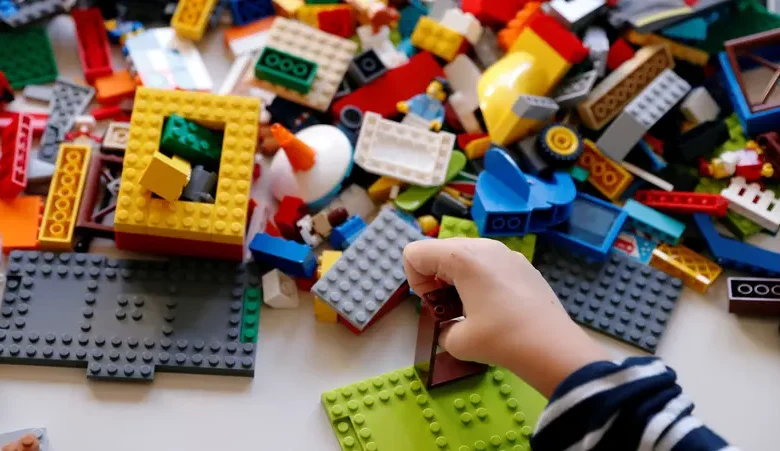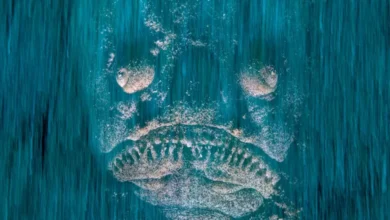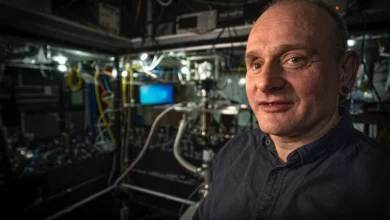Parents need not search children’s poop if they swallow small toys: Doctor-led study

Emergency room visits are not necessary if a child swallows an everyday object, one doctor has recently said, adding that searching children’s poop for the item is also unnecessary.
Dr. Andy Tagg, an emergency physician at Western Health, in Melbourne, Australia, meets numerous worried parents with children who swallowed tiny toys, he told NPR in an interview published on Thursday.
“You can reassure parents one-by-one that they probably don’t need to come to the emergency room—or, worse yet, dig through their kid’s poop—in search of the everyday object,” Andy was quoted as saying by NPR.
His evidence-based reaction is based on an experiment he participated in back in 2018. Six doctors had swallowed Lego heads to understand how long it would take for ingestion and excretion.
The experiment, supposedly done in the name of science, was conducted by a group of pediatric health-care professionals in an attempt to ease parental concern regarding ingestion of foreign objects.
Prior to swallowing the small toy-piece, all participants made note of their bowel movements to achieve a certain standardization – the Stool Hardness and Transit (SHAT) score.
Previous gastrointestinal surgery, inability to ingest foreign objects and an aversion to searching through fecal matter were all exclusion criteria.
Following the ingestion, excretion was monitored and searched “on an individual basis” with a search technique “decided by the participant.”
The primary goal was to identify the time it would take for the foreign object to exit the body, which was characterized by the Found and Retrieved Time (FART) score at 1.71 days.
Five out of the six participants were able to locate the toy piece in their excreta. One male participant who had not located the Lego head searched stools for a total of 2 weeks after ingestion.
The findings concluded that a toy object, at least within the dimensions of a Lego head, will pass through without complications in adult subjects.
“…the authors advocate that no parent should be expected to search through their child’s feces to prove object retrieval,” the report cheekily added.










